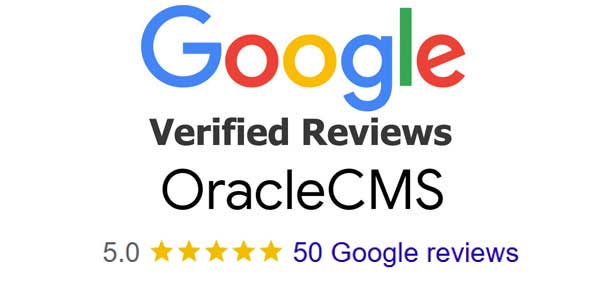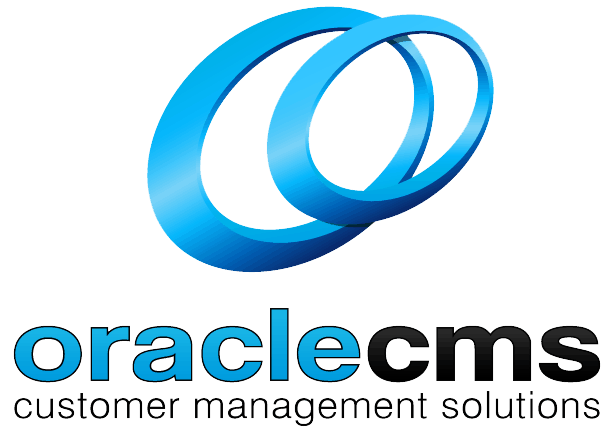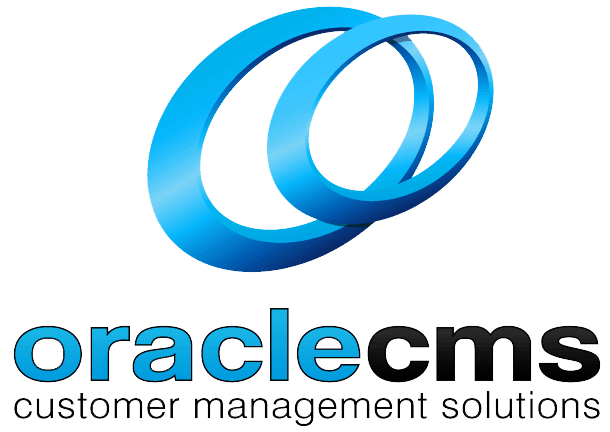Intelligent Process Automation (or IPA) is just one of the many emerging technologies that are empowering organisations with the ability to reduce their overheads, improve the overall efficiency of their operations, and ultimately deliver a superior customer and employee experience.
Think of IPA as the evolved version of Robotic Process Automation (RPA), which is continuing to drive the global digital transformation forward and to greater heights. But what does all that mean for you and your business?
What is Intelligent Process Automation? (IPA)
We’re about to delve into the inner workings of Intelligent Process Automation, so there’s going to be a lot of technical terminology being thrown about. But before we do that, we’ll define IPA in the simplest of terms:
“A clever software that takes both the rudimentary and more complex, time-consuming tasks which typically require an employee to execute, and manages them faster and much more efficiently than any human can.”
Now let’s venture deeper: Intelligent process automation is an amalgamation of several new technologies that allow businesses like yours to automate the end-to-end business processes more completely and efficiently.
IPA takes the automation of basic rule-based procedures and transforms them into the full-blown management of entire business processes, made up of a wide variety of different tasks.
In essence, intelligent process automation is the love-child of robotic process automation and artificial intelligence (AI) technologies. It is the artificial intelligence elements that elevate existing “automation” technology to a whole new degree of complexity, thus creating greater efficiency, operational cost reduction, and a better experience for both your customers and employees alike!
Sounds great right? But how does it work?
A Closer Look at the Technologies Which Make up Intelligent Process Automation
Intelligent process automation is made up of two key market technologies: RPA and AI.
That said, there are multiple artificial intelligence technologies that each serve a variety of different purposes. Those used in IPA however, enable the cognitive capabilities to operate and automate even more complex business processes that earlier iterations of automation technology could not.
Let’s break down each technology that is used to make up IPA:
Robotic process automation (RPA): a technology that automates time-consuming, ruled-based administrative tasks
Artificial intelligence (AI): a fusion of technologies (listed below) that allow systems to perform tasks that would otherwise require more “human” interactions such as reasoning, judgement, and decision-making (i.e., applying logic to data)
Machine learning: an AI technology that uses data to learn and improve on existing systems’ performances absent explicit instruction. In other words: a program that uses its initiate and displays creative decision making based on emerging patterns in the data that you collect.
Natural language process (NLP): an AI technology that can interpret language and make decisions based on that information. As an example: a virtual assistant can direct a customer to the relevant troubleshooting information based on a question or query. NLP can also be used in an IVR System with NLP
Computer vision: an AI technology that can process and interpret imagery – not so dissimilar to the facial recognition technology used by Facebook to recommend the tagging of a friend in a photograph.
What Makes Intelligent Process Automation Different From Robotic Process Automation?
In short, RPA is just one of the technologies that make up IPA. As such, they’re different in that IPA is RPA with extra capabilities.
Robotic process automation automates repetitive and time-consuming rule-based tasks that tend not to have much in the way of variation (e.g. data input). The processes that are selected for RPA tend to be on a smaller and simpler scale.
Intelligent process automation, on the other hand, can be used to automate much more of those processes whilst removing practically all necessities for human intervention (which can often lead to error and a decrease in the speed of execution). As an example: machine learning can be used to review invoices for compliance. The decision modelling software in IPA can be utilised to automate these checks that would otherwise need to be carried out by your employees, thus freeing them up to focus on other important tasks.
How Can Intelligent Process Automation Benefit Your Business?
Of course, this all sounds very impressive! But what does it mean for you and your business? What benefits can you gain from implementing IPA into your existing operations?
Let’s look at how other organizations who have been utilising IPA are doing:
Automating 50 to 70% of tasks has demonstrated annual savings of up to 25 to 35%
A reduction in process time of up to 50 to 60%
Genuine ROI’s in the triple-digit percentages!
In short, if you want your business to operate more efficiently, save money, and free your employees up with more valuable time to dedicate to strategic mission-critical tasks, then intelligent process automation can aid you in precisely that.
Here are just a few examples of the industries that are thriving thanks to IPA:
Financial services
Insurance
Healthcare
Telecommunications
Retail
Manufacturing
What Role Will Intelligent Process Automation Play in the Future of Automation?
As we’ve established, IPA is an evolved version of RPA and as such, is the future of automation.
Whilst RPA has been transformative for a wide variety of businesses in a multitude of industries, there have been some growing pains (as is expected with the implementation of any emerging technology). In any case, many of these challenges are being overcome with the introduction of IPA.
Certainly, integrating AI technologies with RPA is still relatively fresh, but even so, those companies who are embracing the changes are already seeing some exceptional returns. In other words, it’s only a matter of time before this becomes a necessity for all businesses so you just as well strike while the iron is hot and gain that competitive edge over your rivals.
What Can OracleCMS Do for You?
Here at OracleCMS, we are delivering one of the most powerful automation design environments available on the market today. We are combining RPA and AI technologies in such a way that can be designed, planned, and managed to fit your unique business like a glove.
We can provide you with everything you need to drive intelligent and effective automation into your organisation: detailed process flows, functional and non-functional requirements, compliance, regulatory requirements, user stories, functional and acceptance tests, and all manner of other critical information required for the successful evolution and digitization of your business!
Simply put: we’ll do all of the work – you sit back and reap the rewards.
If you’d like to explore intelligent process automation in greater depth or if you have any questions for us, please do not hesitate to contact us today.
We understand how overwhelming it can be, particularly when making such a drastic change to the way that your business operates. However, we are dedicated to making the transition as smooth and seamless as possible – and will be with you every single step of the way.

Request a Call Back
Enter your details below and we will reach out to you soon
Our Certifications





